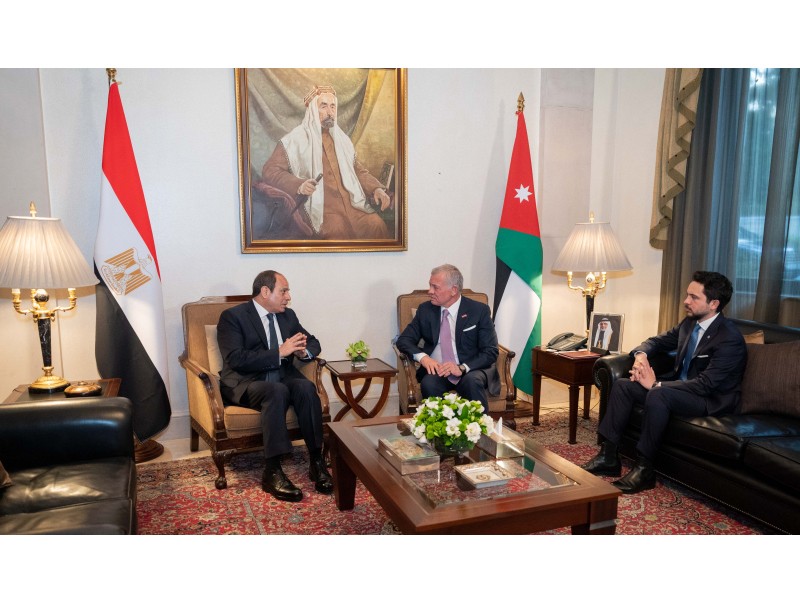Queen Rania Attends Workshop on the National Plan of Action for Children

(Office of Her Majesty, Press Department-Amman) Her Majesty Queen Rania Al Abdullah attended today part of a workshop to review the “National Plan of Action for Children (NPAC) 2004–2013” evaluation outcomes ahead of the launch of a new action plan next year. The plan is part of the National Council on Family Affairs (NCFA)’s work on child welfare in Jordan.
Her Majesty commended all the partnerships that insured the successes of NPAC, and applauded NCFA’s relentless efforts and campaigning on behalf of Jordanian children and their welfare. Her Majesty also focused on the need to keep child welfare at the top of national development priorities.
The workshop focused on reviewing the outcomes of the monitoring and evaluation (M&E) report of NPAC and the challenges which were highlighted in the report. Attendees also discussed the recommendations and the proposed next steps to improve children’s’ welfare in Jordan.
NCFA Secretary-General, Mrs. Reem Abu Hassan, briefed the workshop on NPAC and its M&E report. Abu Hassan highlighted the importance of the plan and stressed the value of continuously monitoring and evaluating it for early detection of pitfalls and to face challenges as they arise.
NCFA, UNICEF and the Ministry of Planning and International Cooperation (MoPIC) were the main partners in producing the plan in 2002, which was officially launched by Their Majesties King Abdullah II and Queen Rania in 2004. The goal NPAC is to provide decision makers and practitioners with a framework to consult with a build programs/ policies on issues of child welfare.
The M&E report was conducted recently to look at the main outcomes, and shortfalls of NPAC. Input from the different sectors was included in the report, ranging from youth, children, Civil Society Organizations (CSO), International Organizations, Public and private sectors.
The report revealed that the application of the multi-stakeholder approach as well as the involvement of the different counterparts led to a more concentrated emphasis on core issues from the different sectors. It also revealed that NPAC supported the main Jordanian and international charters pertaining to human and child rights. Internationally, the plan highlights Jordan’s leading role in its child welfare programs, which pushed many different countries to draw back on the Jordanian experience.
Amongst many outcomes, NPAC is credited for a decrease in child mortality, infant mortality and maternal mortality rates in Jordan. It also resulted in the increase of number of Kindergarten classrooms across the Kingdom from 203 in 2004 to 959 in 2012.
Featured
Queen Rania's official website
This website does not support old browsers. To view this website, Please upgrade your browser to IE 9 or greater
Your browser is out of date. It has known security flaws and may not display all features of this and other websites. Learn how to update your browser



